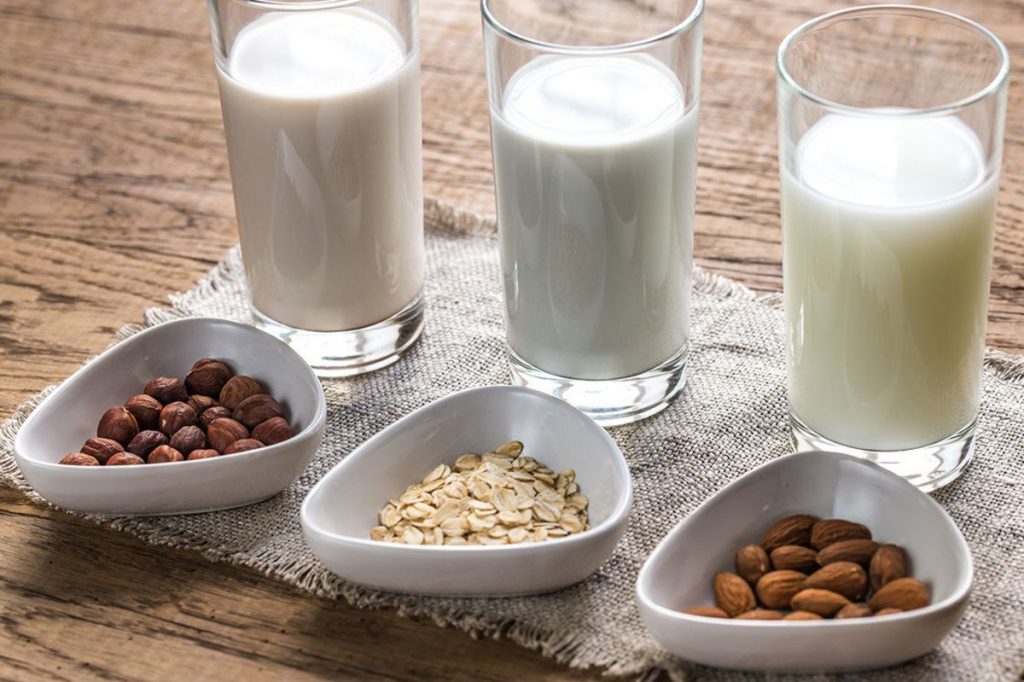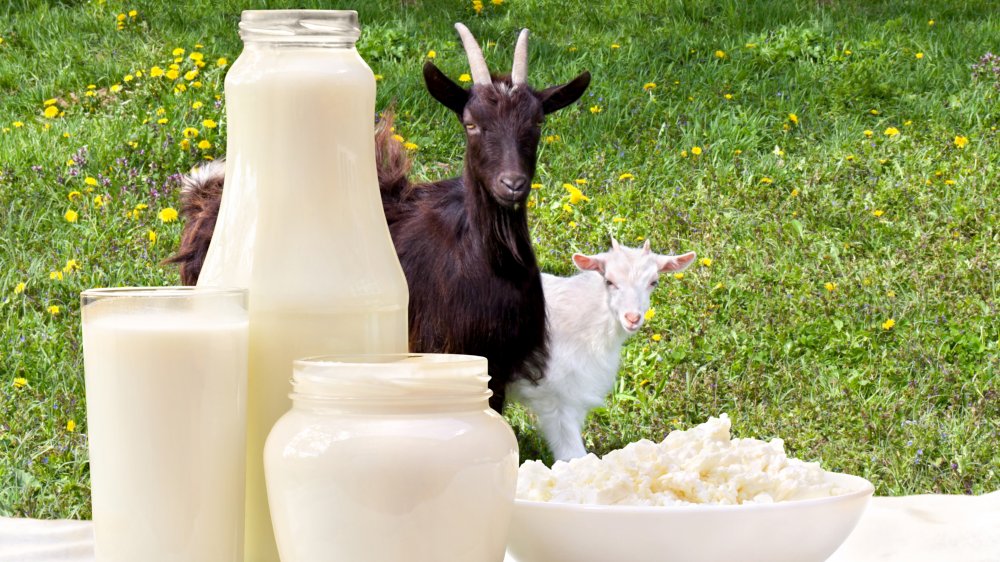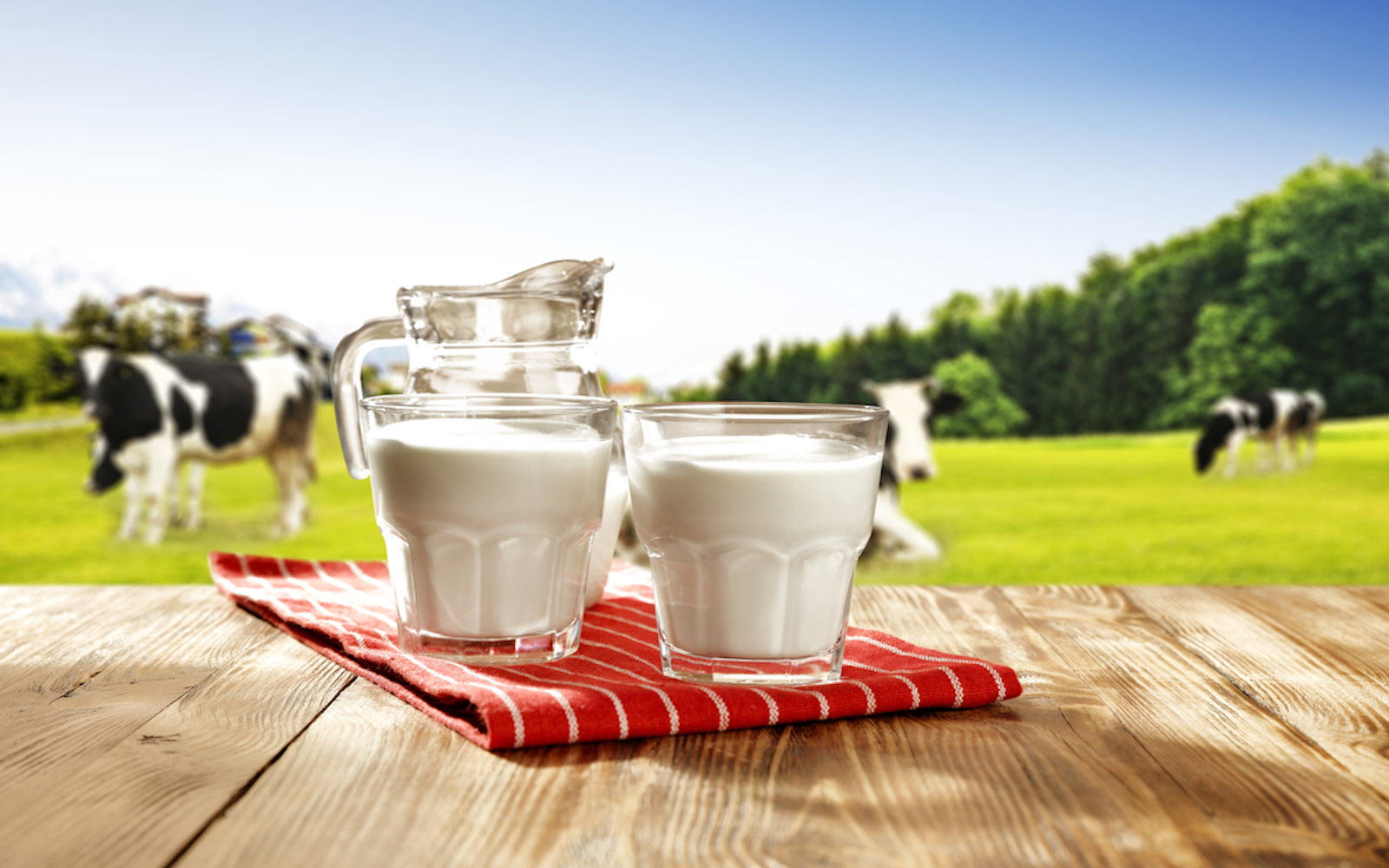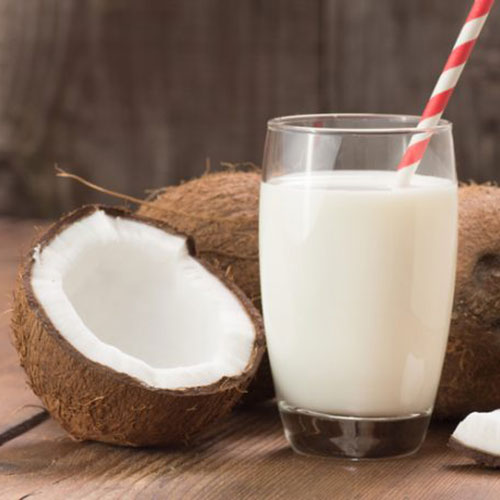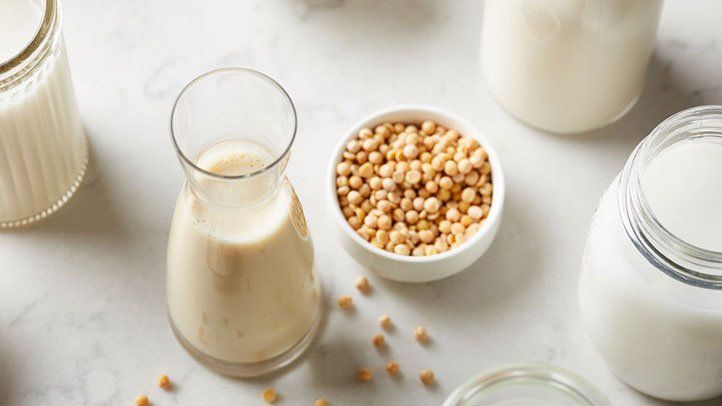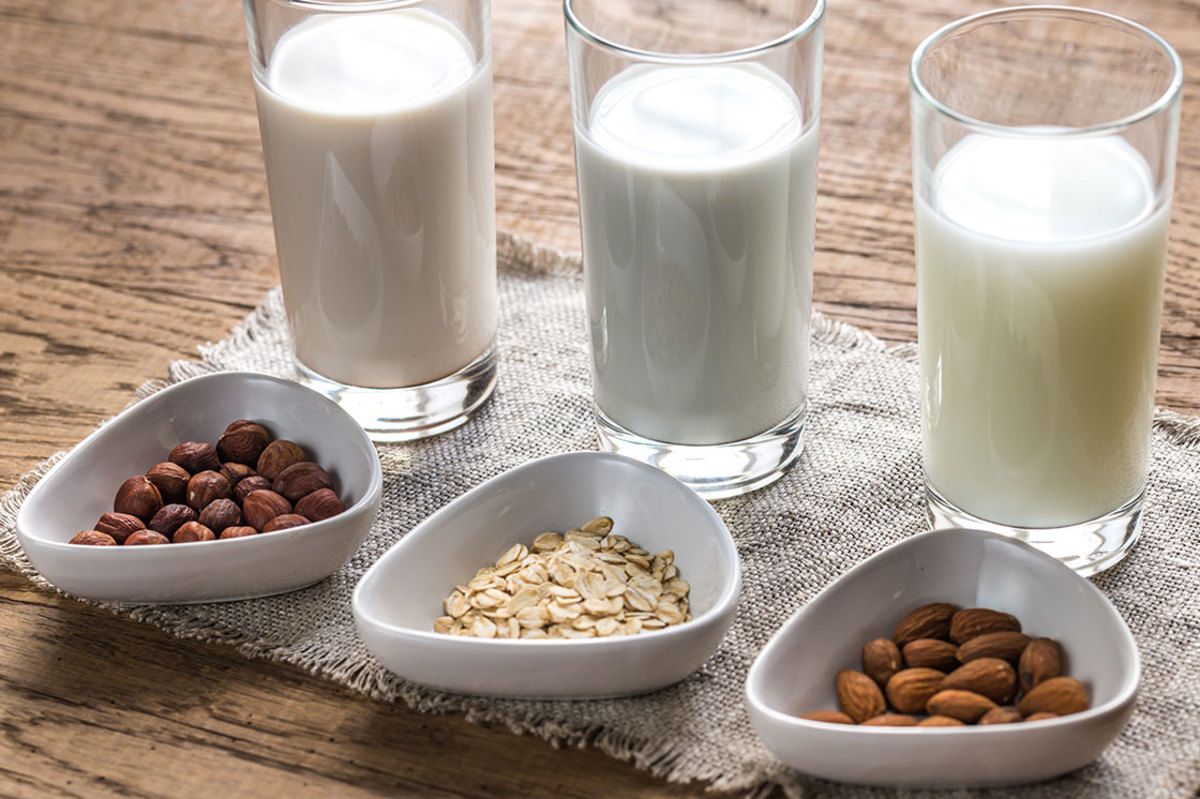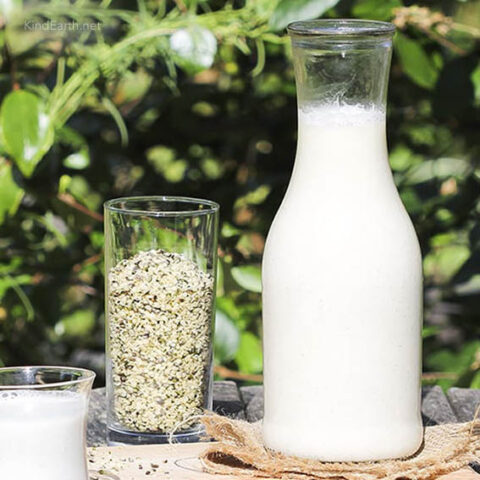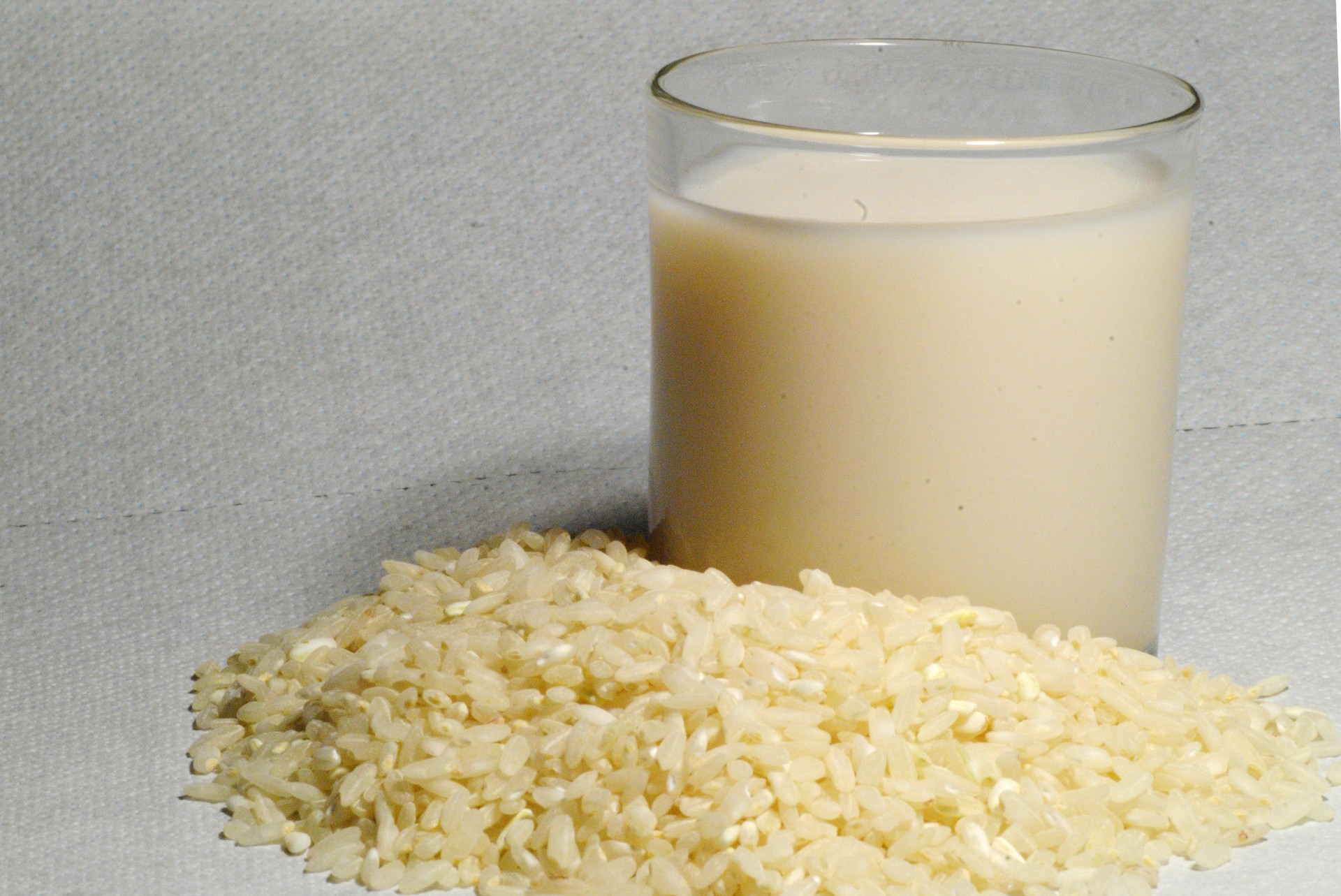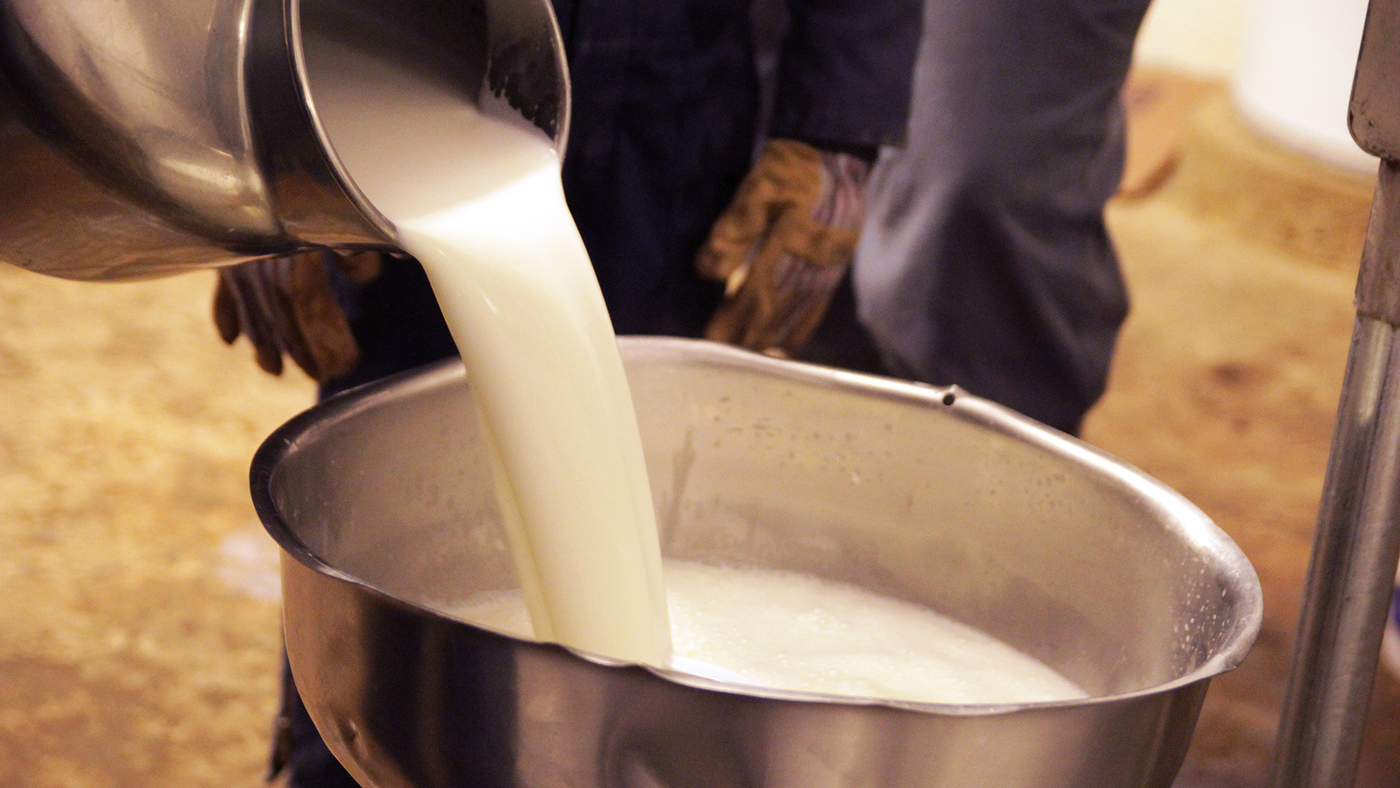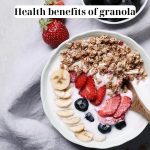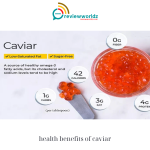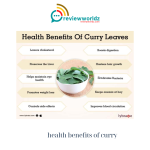Dairy is a vital food group. It contains protein and calcium, needed for healthy, strong bones, as well as other essential nutrients, like potassium and vitamin D. Despite the many health benefits, however, dairy can be high in fat. In addition, products like yogurt, cheese, and milk-based desserts (ice cream, frozen yogurt, and pudding) may not give you the same nutrients as a glass of milk, especially when it comes to vitamin D… Here are Things You Need to Know When Choosing Milk to know what to look for (and what to avoid) can help you make the best choices when buying dairy.
Contents
Things You Need to Know When Choosing Milk
Goat’s milk
Many people believe goat’s milk is easier to digest than cow’s milk. But it contains lactose and proteins similar to those found in cow’s milk, so if you are intolerant or allergic to cow’s milk the same may apply to goat’s milk. Saturated fat levels are similar, too. That said, goat’s milk can be a tasty alternative to cow’s. Choose semi-skimmed or skimmed rather than the whole.
Cow’s milk
The traditional choice of milk, dairy milk, remains the most popular option, especially for children. Cow’s milk offers a good balance of naturally occurring calories from fat, protein and essential vitamins and minerals, like vitamin D and calcium, providing key nutrients kids need for growth and development.
But Zumpano points out, “Adults can benefit from cow’s milk too; as you age, you lose bone density and need sufficient dietary calcium to support healthy bones. And milk is a great source for that calcium.”
Coconut milk beverage
Yes, coconut milk beverage because simply “coconut milk” usually refers to the fat- and the calorie-laden version found on your grocery shelf that is traditionally used for baking needs.
Like other options, though, coconut milk has zero protein and while it’s low in calories, it’s also high in fat. And though there are many coconut milk options that have been diluted to offer less fat and calories, Zumpano advises, “Keep in mind the fat found in coconut milk is saturated fat, which we want to keep at a minimum if heart health is a concern.”
Soy milk and pea protein milk
These plant milks have the advantage of naturally having nearly as much protein as cow’s milks. And all plant milk is naturally lactose- and casein-free. The majority of soy and pea protein milk is fortified with calcium and vitamin D, but it is a good idea to check. An 8-ounce glass should be fortified to provide at least 30 percent of the RDA for calcium and 25 percent of the RDA for vitamin D. Avoid flavored milk because they contain added sugar. For example, a 12-ounce bottle of Odwalla™ Al Mondo Vanilla Super Protein soy milk has 7.5 teaspoons of added sugar. An 8-ounce glass of unsweetened soy or pea milk has only 70-80 calories, 1 gram of sugar, and less than a gram of saturated fat. Ripple™ is a brand of pea protein milk that boasts added fortification with the omega-3 fat DHA.
Nut and seed milks
Almond milk is the most readily available, but there are many others, including hazelnut and hemp seed milks. Almond milk won’t provide the same heart health benefits as eating whole nuts and contains less almond than you might think – often around two percent and as little as one percent.
Always choose unsweetened versions and ideally one that is fortified with calcium, especially if you’re using it as a replacement for milk. They’re usually 1–2 percent fat – similar to one percent or semi-skimmed cow’s milk, although lower in saturated fat, protein and calories.
Hemp milk
This milk is made from the seeds of the hemp plant, which also produces marijuana. However, hemp milk is made from a different part of the plant and contains only trace amounts of the compound THC. Hemp milk is very high in calcium, providing 45 percent of the RDA in an 8-ounce glass. It also contains omega-3 fatty acids, which are good for your heart. The downside is that it contains 140 calories per 8 ounces, making it a high-calorie plant milk option. This can be a good choice for adults with multiple allergies to dairy, nuts and soy.
Rice milk
Rice milk can also be an option for those with multiple food allergies but has few nutritional benefits. Rice milk lacks protein, and the fat lacks omega-3 and monounsaturated fats. A glass of unsweetened rice milk is high in carbohydrates at 23 grams and 120 calories per 8 ounces.
Say no to “raw milk”
One Thing You Need to Know When Choosing Milk- Raw milk is another way of saying “unpasteurized milk. And while some people believe raw milk has more nutrients, promotes better health and might be okay for those with lactose intolerance, it’s actually not advisable to drink it.
According to the Centers for Disease Control and Prevention, unpasteurized milk is 150 times more likely to cause foodborne illness than pasteurized milk — and 13 times more likely to lead to hospitalization.
Pasteurized milk has the same nutrients as unpasteurized and either option will still trigger an allergic reaction for lactose-intolerant drinkers.

